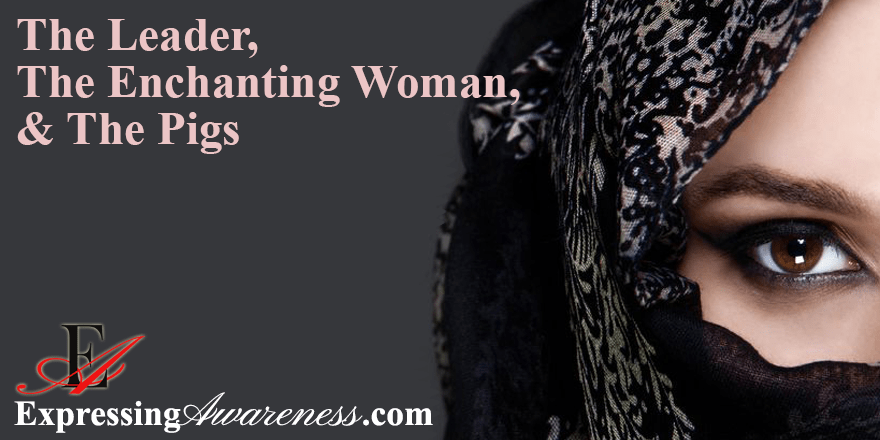Personal development paths are as varied as the individuals who walk them. Yet, certain universal elements—duality and unity, arrogance and humility, hate and love, entrapment and freedom—bind them all.
Love and hate, though opposites, can equally captivate the heart. Both chains hold Soul; what matters is not the captivity itself but where it leads.
A man had reached what he believed was the pinnacle of spiritual progress. He communed with God and thought this communication signified mastery. Mistaking God’s boundless love for his personal power, he became enamored with himself and the miraculous powers he now possessed.
Soon, followers gathered around him, attracted by the miracles. These disciples admired him profoundly and followed him everywhere. But the man, intoxicated by his spiritual experiences and the adoration of his followers, failed to ask the simplest of questions to the Almighty, the quiet companion of his soul:
- How far have I truly come?
- What lessons do I have yet to learn?
- Will You help me learn them?
Fortunately, God has plans that unfold with or without our understanding, consent, or awareness.
Despite his lofty achievements, the man lacked the wisdom of the heart.
One day, as he walked with his disciples, they passed a pig farm. The man belonged to a tradition that demeaned women and regarded pigs as symbols of filth. To him, anyone who cared for such creatures was unclean and spiritually inferior. He averted his eyes in disdain, focusing instead on a small cottage beyond the farm.
The cottage door opened, and an enchanting young woman stepped out. In an instant, unbalanced romantic desire consumed his heart with fiery intensity. Overcome, the man abandoned his disciples and, ignoring their pleas, walked to the woman.
Falling to his knees, he professed his love.
The woman, bemused by his clerical robes, asked with a wry smile, “What would a spiritual master like you want with a woman who cares for filthy pigs?”
The man stammered, overwhelmed. He begged for her forgiveness and love, but the woman was unrelenting.
She had endured enough judgment—enough harshness from men like him who scorned her, her life, and her work.
The man, desperate to win her affection, began to bargain in his mind. Perhaps if he endured her anger and allowed her to unleash her frustrations, she might relent. It was a subtle calculation, a transaction of the heart that should have been free of all bargains.
Kneeling in the dirt, head lifted to watch the woman; he listened as she vented her pain.
At last, she said, “If you truly love me, care for these pigs as if they were my children.”
Without hesitation, the man agreed.
And so, he cared for the pigs with all his heart. Days turned into years. The woman teased and tormented him. Each time, she asked for more love, more devotion—not for her, but for the pigs.
Slowly, the man’s arrogance crumbled, and the currents of power drained out of him. His romantic obsession gave way to something more profound. Unconditional love began to take root in his heart, driving out the shadows of ego and desires.
He began to see the interconnectedness of all things—the divine love flowing through every creature and every event. He no longer cared for the pigs to prove his love for the woman; he loved them simply because they were the creation of the Creator.
One day, God spoke to him again as he worked among the pigs.
The Voice was gentle but carried a strength he had never noticed before.
“Now you are ready,” God whispered, “to see Me as I am, not as you imagined Me to be. Your true education begins now.”
The man felt the light of divine love radiating from his heart, illuminating his weathered face as it did all that was around. A smile cracked the sternness that had once defined him.
He turned to look at the young woman, the pigs, and the farm—and watched as they shimmered and dissolved into pure, radiant light.
All that remained was unconditional love, surrounding him and reflecting what now lived within his heart.
At last, the man understood. He saw the One behind the many, the unity within the duality. And in that moment, he was truly free.
Writings of Jalāl ad-Dīn Muhammad Rūmī, as well as Paramahansa Yogananda, inspired this story. Sri Harold Klemp’s teaching gave me the ability to write it.
© Vishy Dadsetan
